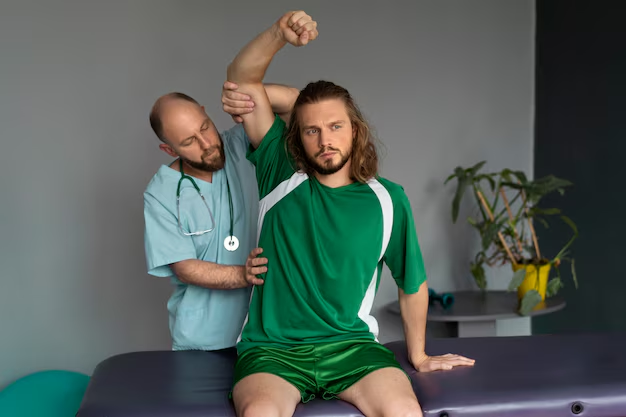How to Become a Sports Physical Therapist: Essential Degrees, Certifications, and Licenses
Embarking on a career as a sports physical therapist combines a passion for athletics with the science of recovery and rehabilitation. At its core, this career path requires a strong foundation in physical therapy alongside specialized training to address the unique needs of athletes. Initially, aspiring sports physical therapists must earn a Doctor of Physical Therapy (DPT) degree from a program accredited by the Commission on Accreditation in Physical Therapy Education (CAPTE). This advanced degree provides comprehensive training on diagnosing and treating an array of physical disabilities and injuries, which is crucial for maintaining athlete wellness.
Beyond the DPT, obtaining a licensure to practice as a physical therapist in your respective state is mandatory, typically achieved by passing the National Physical Therapy Examination (NPTE). To further specialize in sports physical therapy, consider pursuing a board certification in sports through the American Board of Physical Therapy Specialties (ABPTS). This certification not only demonstrates expertise but also enhances credibility in the competitive sports industry. Additionally, many professionals find that engaging in sports residency programs offers invaluable hands-on training and networking opportunities, further enriching their qualifications and opening doors to advanced career possibilities.
Degrees, Certifications, and Licenses
-
🎓 Doctor of Physical Therapy (DPT)
- Accredited by CAPTE
- Essential for foundational training in physical therapy
-
📝 State Licensure
- Obtained by passing the NPTE
- Mandatory for legal practice
-
🎖️ Board Certification in Sports (ABPTS)
- Specialized certification in sports physical therapy
- Enhances credibility and expertise
-
📚 Sports Residency Programs
- Provides specialized training and networking opportunities
- Offers practical experience in sports physical therapy
